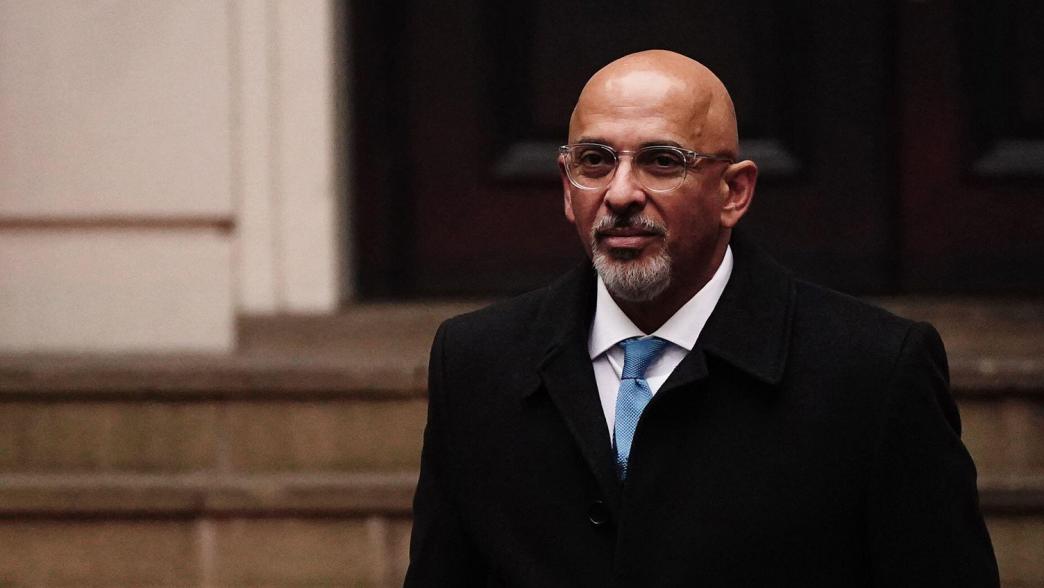The Zahawi row raises the case for temporary ministerial suspensions
A formal suspension mechanism for ministers could be useful but would have downsides.

Jake Berry has suggested that Rishi Sunak should temporarily suspend Nadim Zahawi while he is investigated for breaching the ministerial code. Hannah White argues a formal suspension mechanism could be useful but would have downsides